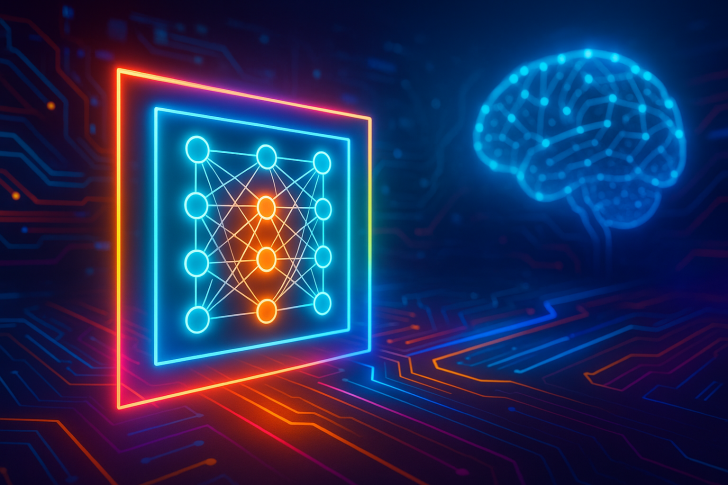⬤ Google Research announced a significant AI advancement with Nested Learning, a framework designed to help AI learn and remember more like humans do. This tackles one of AI's biggest problems: catastrophic forgetting, where models lose old knowledge when learning new things. Nested Learning works by organizing training as layers of connected optimization tasks, which helps models learn new information without wiping out what they already know.
⬤ The team built a test model called Hope to demonstrate the concept. Hope uses what Google calls "continuum memory systems" that update at different speeds, similar to how human brains have both quick working memory and slower long-term storage. This design lets the model adapt to new data while keeping older knowledge intact.
⬤ Early results look promising. Hope outperforms standard transformers on long-context tasks, showing lower perplexity scores and better accuracy on complex reasoning problems. This suggests the framework could fundamentally change how AI handles extended conversations and tasks that require remembering earlier context.
⬤ Nested Learning could mark a shift from one-time model training to continuous learning systems that evolve over time. If Hope's advantages hold up in larger models, this approach might reshape everything from chatbots to research assistants, creating AI that genuinely learns and adapts rather than just processing static training data.
 Usman Salis
Usman Salis


 Usman Salis
Usman Salis


